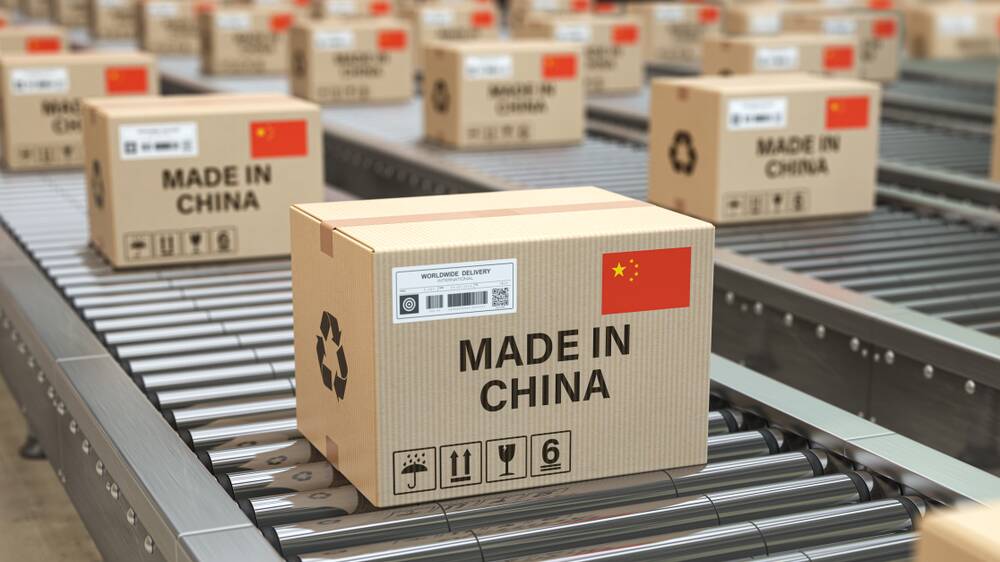A leading think tank has downgraded its long-term outlook for the growth of the Chinese economy.
Economic research conducted by the Lowy Institute has placed China's long-term growth lower than consensus, flagging an ageing population and lower investment would bring growth forecasts down by more than a percentage point.
Between 2030 and 2050, Lowy anticipates China's economy will grow 2 to 3 per cent every year which is lower than 4 to 5 per cent consensus.
The research still shows China is on track to become the world's largest economy but will likely sit level with the United States and remain less productive per capita.
Before the pandemic, China's economy was growing at a rate of 6 per cent annually.
Lowy economist Roland Rajah said policies limiting population such as its one child policy will mean China's workforce numbers will come under pressure over in the coming decades.
This is despite the Chinese Communist Party relaxing population policies in recent years.
"The basic storyline is reasonably clear in terms of being driven by China's rapidly aging population and demographic decline that's going to subtract substantially from its future growth prospects," Mr Rajah said.

"China to date has also been incredibly reliant on investment in order to drive growth, but that is basically reaching its limits."
Despite Lowy's downgrade in its outlook for the economic superpower, Chinese demand for a number of commodities is likely to remain strong.
A slower Chinese economy does mean other economies reliant on trade with China would face lower growth prospects.
Mr Rajah said the "level of demand emanating from China is going to remain huge" but flagged the country would need to rely on trade and interaction with other major economies.
China's rise has come under spotlight following its stance not to recognise the Ukrainian invasion and drop tariffs on Russian imports.
Mr Rajah noted this is geopolitics with the Chinese economy needing little to no economic alliances with Russia.
"Russia is actually quite weak. China on its own would be an economic bloc unto itself," he said.
"What we are saying is that we just don't see that as likely. It's very unlikely China would be able to fulfill that kind of projection and instead will probably equalize with the United States, but we'll never be able to compete with the west more broadly."
The report also flags the country will likely face constraints in trying to lift its participation rate within its labour force.
It is also touted to face a structural decline in housing investment due to an oversupply and an increase in regulation following the Evergrande crash.







